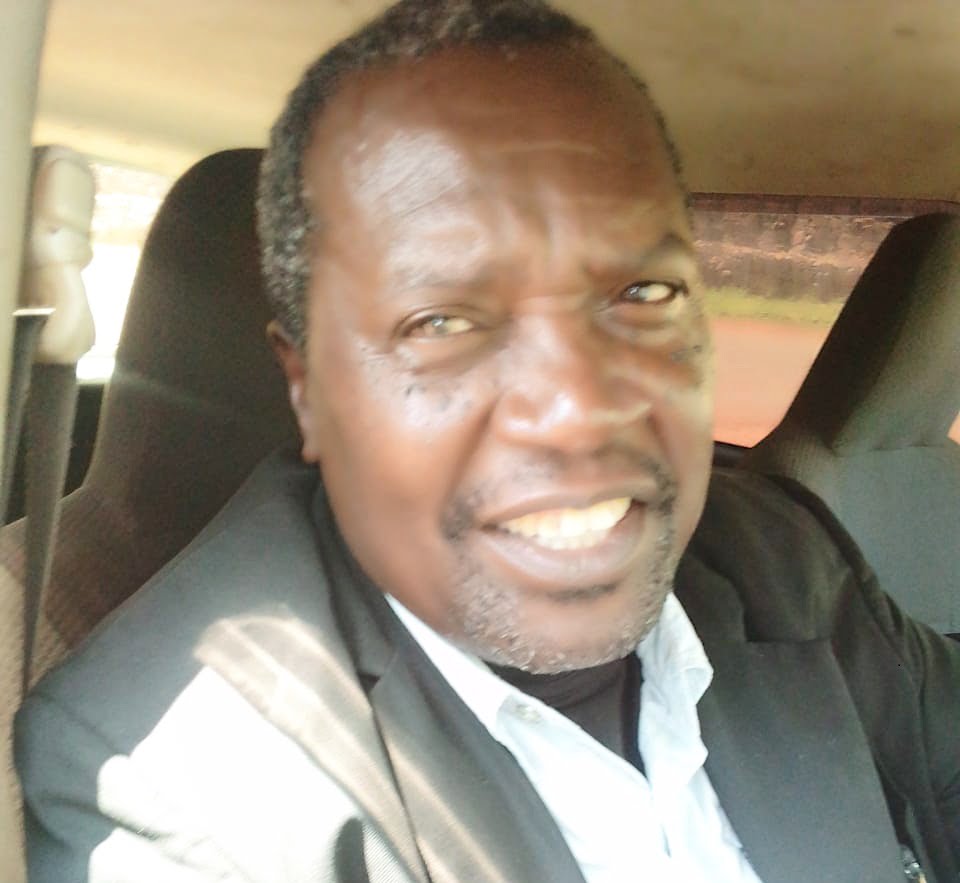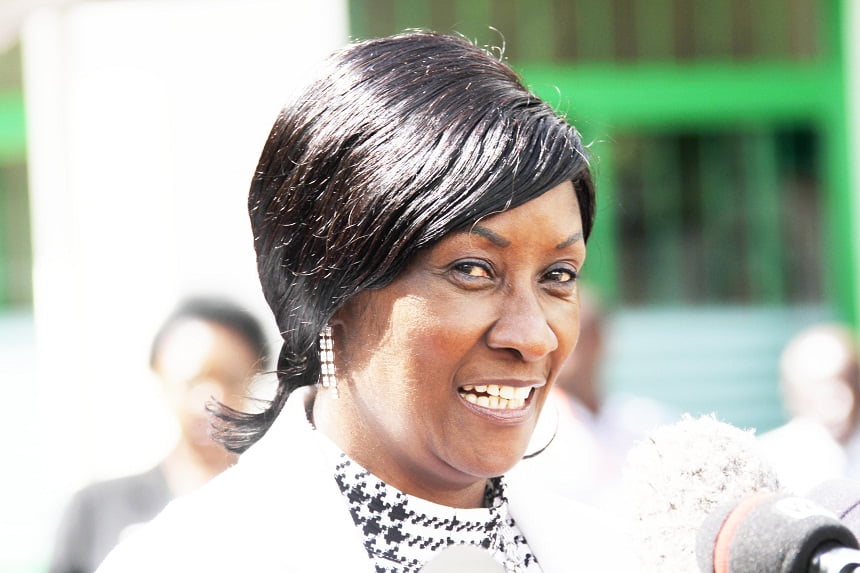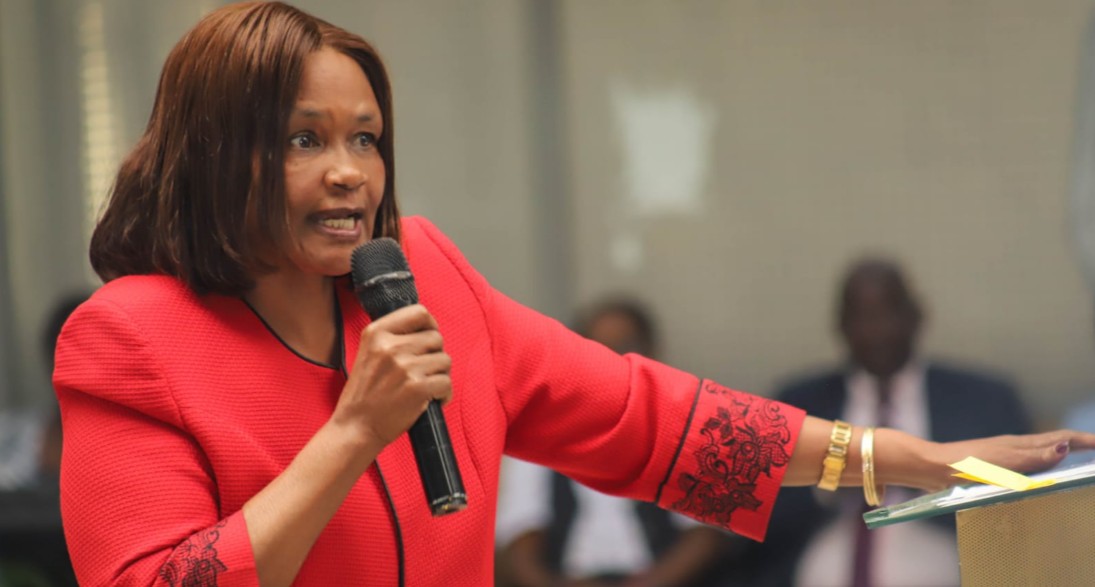By Roy Hezron and Enock Okong’o
A stand-off is looming between the Teachers Service Commission (TSC) and Universities over the former’s decision to stop the offering of Bachelor of Education (BED) programmes.
University dons are unhappy about the interference in the management of academic programmes after TSC released a proposed policy meant to review Standards of Education and Training.
Rongo University don Dr.James Mbeche has told the TSC, to avoid mixing education mattes with politics.
He was reacting to the ongoing debate by the TSC to scrap the BED course to pave way for the long awaited Competency Based Curriculum.
He argued that changes are good especially when they entail more benefits to society but he cautioned against implementing them before doing wider consultations.
He asked the TSC to involve different Universities in fine-tuning the proposal before announcing it to the public.
”Universities are the main education stakeholders and anything meant to affect education has to be vetoed by them before implementation,” he said.
He added that the country is used to embracing quick changes in education policies that fall shortly after their onset and cited the 8 4.4.system as an example.
He said the system was implemented hurriedly and ended up being almost an economic burden to the nation.
Dr. Mercy Mugambi, a Senior Lecturer at the Department of Educational Administration and Planning, School of Education at the University of Nairobi is among those who have raised concerns.
Writing on the university’s website on June 3, 2021, she stated that the Competency Based Curriculum (CBC) has emphasis on nurturing of potential and talent of learners from the early years of learning.
“Universities need to nurture teacher trainees in their profession from the early year of training and should therefore be left to align programmes to the new system education in the same way the Ministry has done with Diploma Teacher Education (DTE) programmes,” said Dr. Mugambi.
She added: “Consultation is key for improvement in the 21st century agenda…How come now TSC has the overall say in university programmes?”
Prof. Henry Onderi, the chairperson Kisii Education Board supported the TSC proposals but raised concern in the manner in which the commission made the directive.
“TSC is not a professional body that has the mandate to direct what should be taught in Universities,” he said.
He said they can only give a proposal for universities to look at and see whether it is viable or not
Onderi said universities have their ways of working and they have a regulatory body called Commission for University Education (CUE) which is the one give direction on the programmes that need to be undertaken.
Conducted for his comment, Vice-chancellor Kabianga University Prof. Kipng’eno Wilson told Education News that they will study the proposed policy framework and give their stand.
“We are taking it to our Senate then our position as a University will be known after Senate meeting,” said Prof. Kipng’eno.
The policy titled Framework on Entry Requirements in the Teaching Service is meant to sensitize university deans in the School of Education on the Teacher Education Framework about the requirements for entry into the teaching service.
The TSC policy proposes to remodel the BED programme, which is one of the most famous and popular and is offered in almost every university in the country.
It is supposed to be replaced with Bachelor of Arts (BA) or Science (BSC) with a Post Graduate Diploma (PGD).
The commission proposes that from September this year, universities should start offering the programme which will take three years with one year for PGD.
That means that in future, the Commission will only employ teachers after successful completion of a professional postgraduate diploma.
The proposed policy says entry grade into BA or BSC will be Kenya Certificate of Secondary Education (KCSE) Mean Grade of C+ with a B-(Minus) in three teaching subjects.
That will shift from the current requirement of students having minimum KCSE Mean Grade of C+ (plus) and above or its equivalent with C+ (plus) in two subjects of specialization to qualify for a BED degree.
An analysis of the proposal reveals that supremacy battle is expected to arise between TSC and universities over who should issue directives and policies regarding training programmes and their accreditation.
TSC argues that the new programme will be active and deal with problems based learning, increase level of specialization and enhance content knowledge.
They say it will also nature and develop leaners potential, enhance content knowledge and prepare one for tertiary education and future work.
The Commission further wants universities to focus basically on professional courses, pedagogy in junior and senior secondary, and teaching subjects which will be demand driven.
According to Section 5 (1) of the Universities Act No. 42 of 2012, the law mandates the Commission for University Education (CUE) to among others develop policy for criteria and requirements for admission to universities.
It is also supposed to accredit and inspect university programme in Kenya, regulate university education, and promote, set standards and assure relevance in the quality of university education.
That implies that universities only take direct instructions from CUE, which is lawfully established to oversee university education including setting criteria for admission.
For a programme to be valid, the university Senate must approve it and thereafter it should be accredited by the CUE board.
That means the TSC policy must first be approved by all university Senates during preparation after undergoing of scrutiny various School Deans.
In December 2020, the Court of Appeal judges Mohammed Warsame, Daniel Musinga and Fatuma Sichale ruled that CUE is the only body mandated to regulate the standards and accredit courses in consultation with individual universities.
“We find no reason to suspend the commission’s mandate in regulating and accrediting courses as provided in the Universities Act. The application filed by the professional associations has no merit and we dismiss it accordingly,” the judges ruled.
The ruling affirmed CUE’s powers in accrediting university courses bringing an end to a long-running stand-off between the commission and several professional associations that demanded that be given authority to supervise university courses.
They included Kenya Medical Laboratory Technicians and Technologists Board (KMLTTB), Kenya Medical Practitioners and Dentists Board (KMPDB), Kenya Pharmacy and Poison Board (KPPB), Nursing Council of Kenya (NCK), Kenya Nutritionists and Dieticians Institute and Public Health Officers and Technicians Council.
The CBC task force in its final report recommended that CUE fast-tracks development and review of university programmes to align them with the three pathways offered in senior secondary school.







